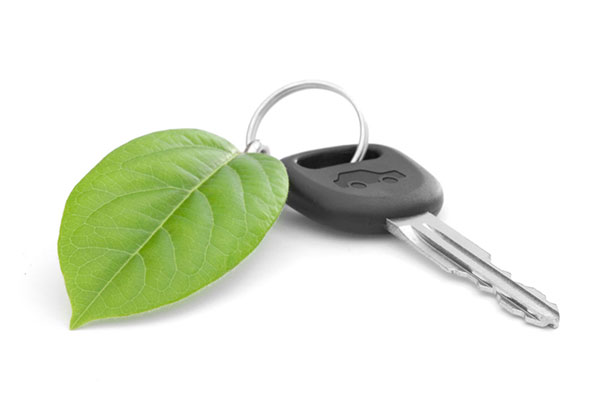What You Can Do
You can help clear the air!
Here are a few of the ways.

Individuals
- Drive less. Consider using sustainable transportation options such as transit carpooling, cycling or walking whenever possible. If you need to drive, combine errands to reduce the number of trips (& time) you take. Except in traffic, remember to turn off your engine if you’re otherwise going to idle for more than 10 seconds.
- Consider low-emission vehicles. Could an electric, hybrid or other clean energy vehicle work for your family? The City of Kamloops has free, public EV charging stations and has flagged some of the benefits of going electric. Check it out!
- Avoid the drive-thru. Rather than waiting in line idling, park and go inside.
If you burn wood, take steps to burn more cleanly. Put an insert in your fireplace and cure your firewood properly. Three are incentives to retire or switch out old wood stoves for cleaner burning options— so don’t miss out! Learn more about burning cleaner via our Wood Smoke Info Portal and this online Wood Smoke Education Course, developed by FBC’s Prince George. The wood smoke course is now hosted by the Prince George Air Improvement Roundtable (PGAIR).
Avoid open burning. Compost organic materials at home or take them to the City’s compost facilities. If you do open burn, obey all applicable bylaws (p.14-19) and conditions of permits.
Manage home heating. Put on a sweater instead of turning up the heat; install a programmable thermostat; keep the heat down when you are away; and increase energy efficiency by replacing older windows.
Businesses & Institutions
- Manage your fleet. If you run a business with work vehicles, encourage and monitor idle-free operations among the drivers in your fleet.
Consider low-emission vehicles. Consider whether electric, hybrid or other clean energy vehicles could work for your business or institution. There is now a wide choice of electric vehicles and equipment.
Carefully choose winter traction material. Consider the impact of dust created from winter traction material and whether alternatives can be used.
- Incentivize sustainable transportation options. Make it easier for your employees to take transit, carpool, bike or walk to work, as well as for travel during the work day.
- Improve energy efficiency. Save on energy costs while reducing emissions related to operating buildings.



